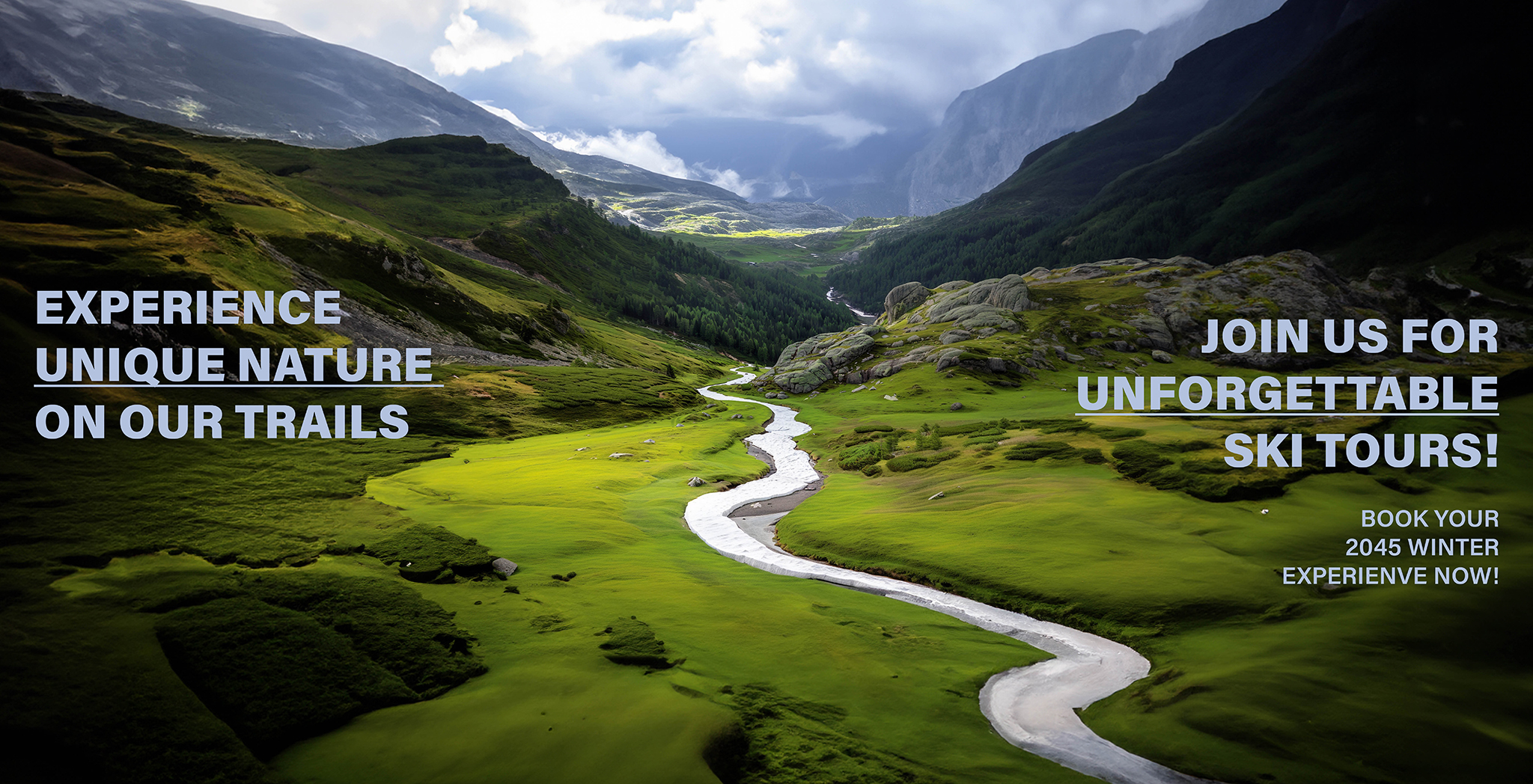The only ice in the future is Popsicles
2024 08 01
xxxx 08 01
Exhibited at Zsamm.cc - participative festival in Altenmark/Salzburg Published on GAT.ST - read German Version here
Narrative
" Winter in Österreich: Skifahren ja, aber auf mehr Kunstschnee "
Die Presse
In the year 2065, a formerly bustling mountain town that had once been a center for winter sports lies eerily still. The chairlifts, which once buzzed with activity and laughter, hang lifeless against a backdrop of barren, rocky peaks. The snow that had once cloaked these mountains in pristine white had become a distant memory, replaced by a barren landscape and occasional strips of artificially created snow.
At the foot of these mountains stands a small family, a child with their two parents. They look at the dried-out plants and the last small remnants of snow that can only be seen from a distance, as the area being snowed is one of the most exclusive places in the world and is extensively cordoned off. The only people with access are the world's elite, who indulge in their winter vacation on the narrow strip of snow each year.
Quinn, the child, tugs at one of their parents' sleeves. "Tell me again how it used to be." Finn sighs and looks into Quinn's large, curious eyes. "It was magical," Dey begins now, their voice blossoming and fluttering with nostalgia. "There were days when the snow was so deep that we sank up to our knees if we strayed off the path. When the sky was clear and the sun was shining, the snow sparkled like diamonds."
Quinn's eyes light up with wonder. "Why did it change, Finn?" Finn kneels down to their child's level and gently strokes their cheek. "It changed because the Earth began to warm. It was all our fault. We couldn't give up our luxuries. Governments couldn't agree on making changes. The pollution from our cars, factories, and agriculture trapped heat in the atmosphere. Winters became shorter and warmer, and the snow stopped falling like it used to."
Quinn looks around, their young brain trying to grasp the extent of what their parent is saying. "But can't we just make more snow?" Finn shakes their head. "We tried, but it didn't work because temperatures rose so quickly. Snow cannons need low temperatures to work, and as winters got warmer, even the machines couldn't keep up. The glaciers and snow that fed our rivers and kept temperatures cool also began to disappear. It was a chain reaction, and by the time people really wanted to believe it, it was too late."
A warm gust of wind sweeps through the valley, carrying the faint scent of dried-out firs and dry earth. Finn stands up and takes Quinn's hand. "Come on, let's go home." As they walk back to their small cabin, Finn thinks about the efforts of the past decades to combat and stop climate change. Despite scientists' warnings and sporadic attempts to implement political changes, it had been too little, too late. The fossil fuel industry had continued to pump carbon dioxide into the atmosphere, deforestation had continued, and the global community had struggled to agree on meaningful measures.
The place where they are had tried to adapt. They had switched to summer tourism and offered hiking and mountain biking. But the loss of winter sports had taken its toll. Many shops closed, and families left to find precarious jobs in the declining economy of the cities. The vibrant, close-knit community of Finn's childhood was now just a shadow of itself.
At home, Finn pulls out an old photo album. Dey and Quinn sit together on the sofa, flipping through pictures of snow-covered landscapes, family ski vacations, and winter festivals. "These are the memories we need to hold onto," Dey says softly. "And it's important that we learn from them. We need to take better care of our planet so that we don't lose even more of what makes it special."
Quinn nods, their young face looking determined.
Information
Text: Text editing and versioning using ChatGPT.
Image: Multiple iterations in MidJourney, edited with Adobe Firefly. Base images were ski resort advertisements.
References
Skifahren trotz Klimawandel?
https://www.dw.com/de/skifahren-trotz-klimawandel/video-68157739
Wie der Klimawandel Skigebieten den Garaus macht
https://www.derstandard.at/story/3000000211483/wie-der-klimawandel-skigebieten-den-garaus-macht
Here’s How Much Shorter Your Ski Season Might Be in 25 Years
https://www.skimag.com/news/climate-change-future-of-skiing/
Ski resorts’ era of plentiful snow may be over due to climate crisis, study finds
https://www.theguardian.com/environment/2024/mar/02/ski-resorts-snow-global-warming-study
How does the future of ski resorts look in the face of climate change?
https://www.nationalgeographic.com/travel/article/how-does-the-future-of-ski-resorts-look-climate-change




